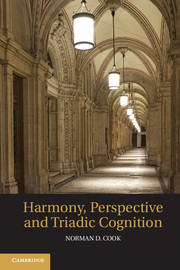6 - Consciousness
Published online by Cambridge University Press: 05 August 2012
Summary
The main concern of the previous chapters has been how human beings cognize in characteristically human ways, whereas the present chapter raises the thorny problems of consciousness. Why discuss consciousness in a book on cognition? If answers can be found concerning the different ways that different species think, what is the point of bringing up the more difficult topics of feeling, subjective awareness, qualia and the “internal perspective?” If we process information in ways unfamiliar to the apes, what more needs to be said?
My answer is that, in order to maintain that the unusualness of the human mind is a consequence of triadic cognition, it is essential to show that the mechanisms underlying subjective awareness are not where the human mind is special. To reiterate the conclusions of previous chapters, if an animal species is incapable of hearing the harmony contained in a three-tone chord, incapable of seeing the illusory depth in a 2D picture, incapable of the syntactic manipulations needed for understanding speech and so on, then clearly it cannot experience the meaning that human beings find to be intrinsic to those stimuli. Of course, the same sensory stimuli will enter the animal brain as sensations, but will not have the symbolic significance that they have for us if the processing ends at the level of dyadic associations. In other words, the triadic cognition itself is unusual – “different,” “special,” “complex” and “higher” – but it is unusual because of the triadic manipulations and not because we “feel” our cognition in ways that are fundamentally different from the ways that other animals feel the neuronal processes running through their heads. We cognize in ways that animals do not, but from a purely physiological perspective it is, in principle, unlikely that we, and only we, sense our neuronal activity in a way that brings us into some sort of transcendent, spiritual dimension that the lowly beasts have not found.
- Type
- Chapter
- Information
- Harmony, Perspective, and Triadic Cognition , pp. 255 - 306Publisher: Cambridge University PressPrint publication year: 2011



